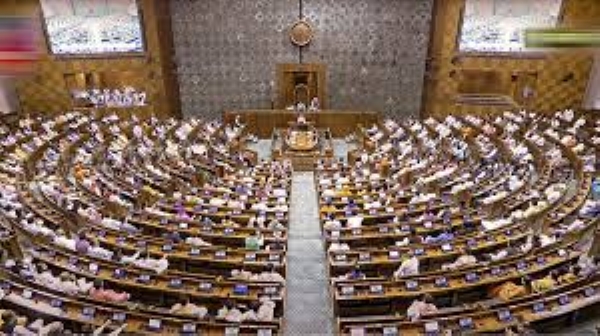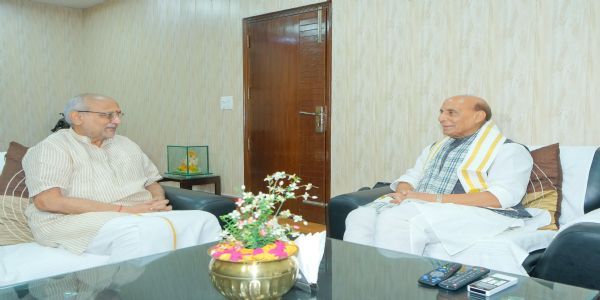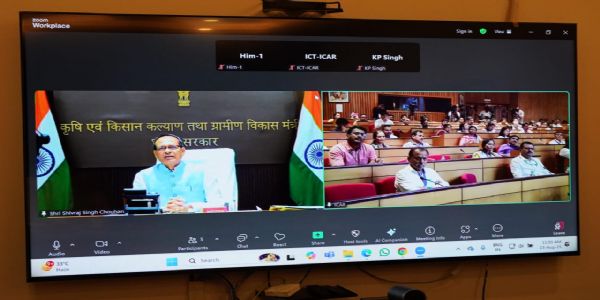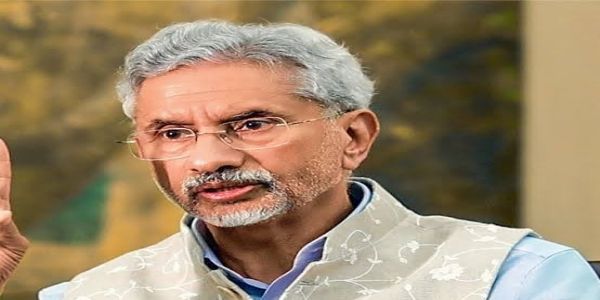
Delhi, 20 August (H.S.): The Union government, led by Prime Minister Narendra Modi, plans to introduce three significant bills today in Parliament aimed at reinforcing accountability among high-ranking officials. The legislation proposes the removal of a prime minister, a Union minister, a state chief minister, or a minister of a Union Territory if they are arrested on serious criminal charges and detained for 30 consecutive days. Under this proposed framework, any such individual arrested for offenses punishable by a minimum of five years in prison would lose their office automatically on the 31st day of custody.
The three bills that will be introduced are:
1. The Constitution (One Hundred and Thirtieth Amendment) Bill, 2025
2. The Government of Union Territories (Amendment) Bill, 2025
3. The Jammu and Kashmir Reorganisation (Amendment) Bill, 2025
Union Home Minister Amit Shah is expected to propose sending these bills to a joint parliamentary committee for further consideration. The proposed laws stipulate detailed procedures for the removal of high officials upon their arrest and detention for serious crimes. According to the bill's provisions, a minister detained for 30 days on serious allegations must be removed from office by the President on the Prime Minister's advice. If the Prime Minister is similarly detained and fails to resign by the 31st day, they would also cease to hold the office.
Currently, there are no legal barriers preventing ministers from continuing in their roles after being arrested. Instances involving former Delhi Chief Minister Arvind Kejriwal and Tamil Nadu Minister V Senthil Balaji highlight this loophole, as both retained their positions following their arrests on various charges.
The statement accompanying the Government of Union Territories (Amendment) Bill highlights a gap in the existing legal framework, emphasizing that the Government of Union Territories Act, 1963, lacks provisions addressing the removal of a chief minister or minister arrested on serious criminal charges. Therefore, amendments to Section 45 of this Act are necessary to facilitate legal removal in these scenarios.
Similarly, the Constitution (One Hundred and Thirtieth Amendment) Bill aims to address the lack of constitutional provisions concerning the removal of ministers arrested on serious allegations. The amendments to Articles 75, 164, and 239AA are proposed to create a legal basis for removing high officials based on serious criminal charges.
The Jammu and Kashmir Reorganisation (Amendment) Bill also seeks to rectify an absence in the Jammu and Kashmir Reorganisation Act, 2019, which does not currently provide for the removal of officials in such circumstances. Consequently, Section 54 of this Act will require amending to ensure that chief ministers or ministers can be removed following arrests for serious charges.
The timing of these bills' introduction, occurring just before the conclusion of the Monsoon session of Parliament, has raised eyebrows in political circles. Some opposition members, particularly from the Congress Party, claim that the legislation serves as a diversion from significant issues, such as Rahul Gandhi's Voter Adhikar rally in Bihar. Congress leaders have expressed concerns that the bills represent a tactic designed to destabilize the opposition, suggesting that the ruling government aims to misuse law enforcement to arrest opposition leaders and eliminate them from their positions without engaging in electoral competition.
Critics argue that the proposed laws could lead to arbitrary removals and a cycle of political instability, as the absence of clear arrest guidelines and the potential for the biased use of central agencies threaten to disproportionately affect opposition figures. The context of these developments indicates a politically charged atmosphere, with significant implications for the governance and political landscape in India.
---------------
Hindusthan Samachar / Jun Sarkar








